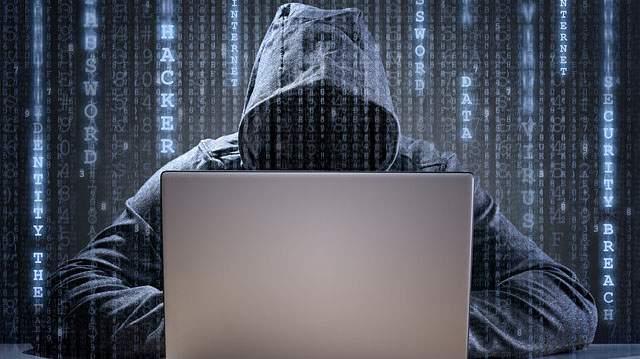
Don't make these 3 password mistakes, ever
The three common password mistakes include:
(1) People use the same password for multiple accounts, meaning that if one password is leaked, several accounts can be hacked.(2) People use weak passwords that are easy to crack, and
(3) People store their passwords insecurely, defeating the point of having passwords at all.Also Read:If your password is one of these, change it
"Considering the amount of private and sensitive information that we store online today, people should be taking better care to protect themselves with effective password protection. This seems obvious, but many might not realize that they are falling into the trap of making simple password management mistakes. These mistakes, in turn, are effectively like leaving the front door open to emails, bank accounts, personal files and more," says Andrei Mochola, Head of Consumer Business at Kaspersky Lab.The research showsa large number of people (almost one in five - 18%) have faced an account hacking attempt but few have effective and cyber-savvy password security in place.For example,only a third (30%) of Internet users create new passwords fordifferentonline accountsand a worryingone-in-10 people use the same password for all their online accounts.Should one password be leaked, these people are therefore at risk of having every account hacked and exploited.
People are also not creating passwords that are strong enough to protect them from hacking and extortion. Only half (47%) use a combination of upper and lowercase letters in their passwords and two-in-three (64%) use a mixture of letters and numbers. That's despite the fact that users think theironline banking (51%), email (39%) and online shoppingaccounts(37%)need strong passwords.The study also shows thatpeople are mistreating their passwords - by sharing them with others and using insecure methods to remember them.Almost a third (28%)hasshared a passwordwith aclose family member, andone-in-ten (11%)hasshared a password with friends, making it possible for passwords to be unintentionally leaked. Overone-in-five (22%)also admitted towritingtheir passwordsdown in a notepadto help remember them. Even if a password is strong, this leaves the user vulnerable because other people may see and use it.
Also read:5 ways to be safe online in UAE
Legal Disclaimer:
MENAFN provides the
information “as is” without warranty of any kind. We do not accept
any responsibility or liability for the accuracy, content, images,
videos, licenses, completeness, legality, or reliability of the information
contained in this article. If you have any complaints or copyright
issues related to this article, kindly contact the provider above.


















Comments
No comment